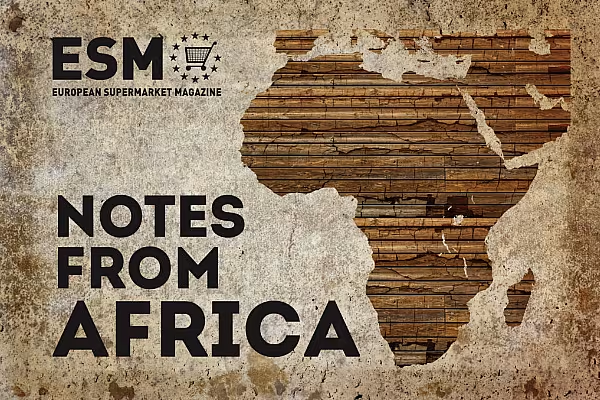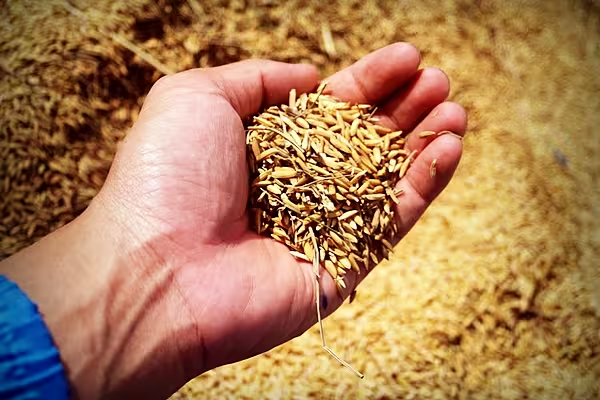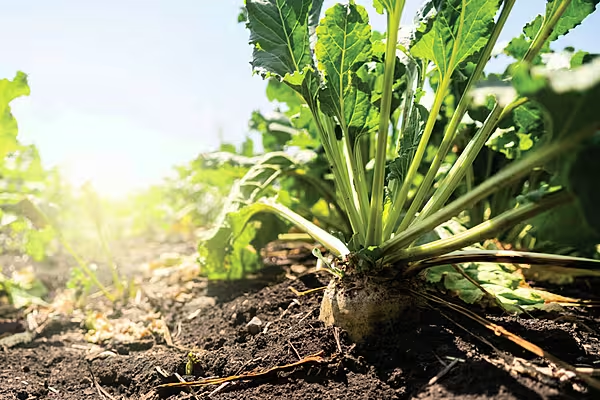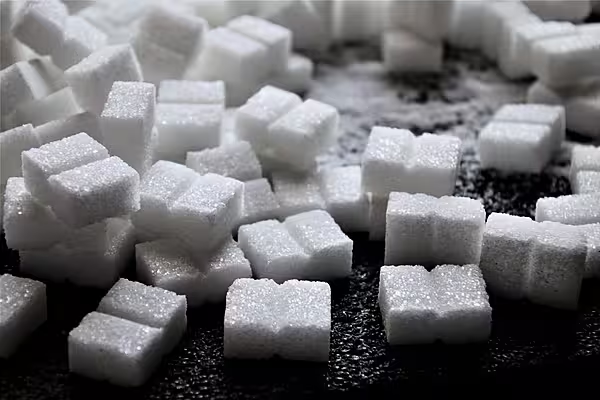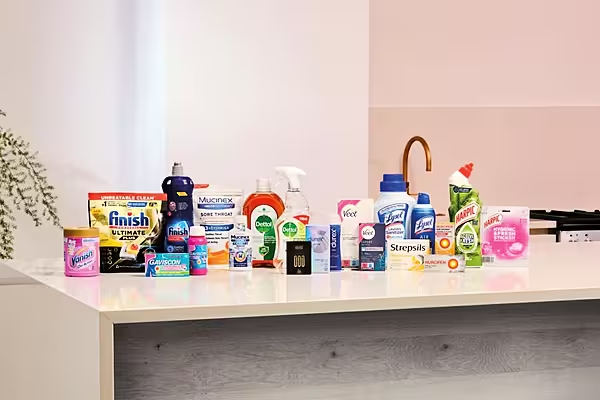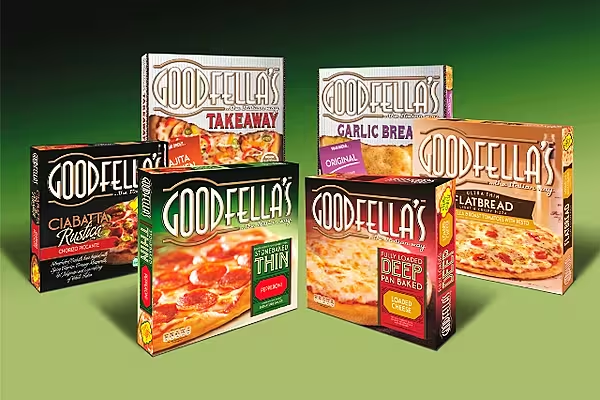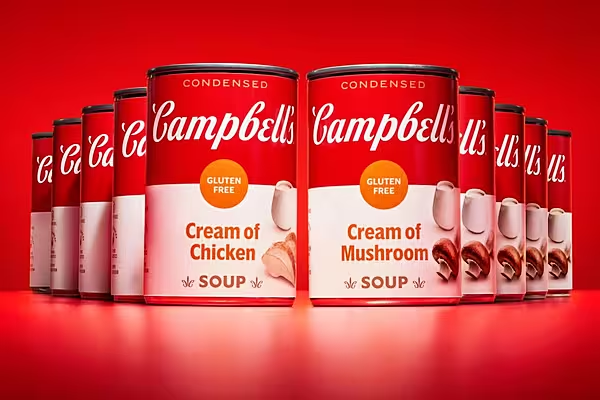In South Africa, the Revenue Service (SARS) has been collecting a tax on domestic and imported sugar-sweetened beverages since 2018. Faced with this measure, which has a penalising effect on turnover, the industry is trying to find solutions, writes Espoir Olodo.
Since April 1, 2018, South Africa has implemented the Health Promotion Levy (HPL) on sugar-sweetened beverages, popularly known as the 'sugar tax'. The rate of tax was set at 2.1 cents per gram of sugar content that exceeds four grams per 100ml, which was further increased to 2.21 cents in February 2019.
It is one of the measures adopted by South Africa's Department of Health to address rampant obesity and non-communicable diseases (NCDs) in the country. Almost more than two thirds of women and one third of men are overweight, according to Healthy Living Alliance (HEALA).
Furthermore, the country has the highest of obesity rate in sub-Saharan Africa.
Did you know that people with obesity are at a higher risk for developing severe symptoms of Covid-19? The #SugarTax is working to help lower sugar consumption and save lives. It’s time to increase it from 11 to 20%. pic.twitter.com/yUgHQIslHf
— HEALA (@heala_SA) January 28, 2022
Sugar Industry Impact
More than three years after the launching, the HPL has been a welcome revenue generator for the South African budget. While the authorities are still researching its effectiveness on public health, its consequences for the sugar industry have been significant.
In the beverage manufacturing industry, several measures have been undertaken to minimise the impact of the sugar tax by introducing low- or zero-sugar products, reducing packaging sizes, and reformulating products to reduce sugar content.
According to a recent report, this has resulted in a reduction in sugar usage of between 450,000 and 500,000 metric tonnes (MT) up to the 2019/20 marketing year. In addition, the fall in sugar demand has had a significant impact on the entire industry’s value chain, including growers and milling companies.
The industry’s revenues dropped by up to R1.8 billion (US$124 million), while the total cumulative job losses has been estimated at more than 9,700, according to a report published in June 2021 by the National Economic Development and Labour Council (NEDLAC).
Overall, it is widely believed that the HPL has been a final blow to an already distressed sector. In the country, the sugar industry was already in decline due to competition from imports, frequent droughts as well as low global sugar prices that have constrained exports.
Salvation Through Adaptation
In South Africa, the sugar sector has learned to live with the tax, even though it does not miss an opportunity to criticise it strongly. While the industry is still calling the the removal of this measure, it is also seeking to move forward.
A number of industry stakeholders signed the South African Sugar Industry Master Plan in November, 2020 to ensure the profitability of the sugar sector in South Africa. The roadmap, which will be implemented through to 2030, aims to expand the local sugar market over the next three years by 300,000 MT by committing manufacturers to prioritise locally-grown and manufactured sugar in their product ranges.
At the same time, the industry intends to diversify by investing in the production of the natural sweeteners, and has launched the 'Home Sweet Home' campaign encouraging South African consumers to buy locally-produced sugar.
While there is still a long way to go before the benefits of these various interventions are felt, the industry has already achieved some success.
For example, local sugar demand rose by 150,000 tonnes in 2020/2021. More recently, in January 2022, Shoprite Holdings, the biggest supermarket chain in the country (which is also Africa’s largest retailer) has announced a partnership with SA Canegrowers. The move will see Shoprite distributing only locally-produced sugar in its 1,189 Shoprite, Checkers, Checkers Hyper and Usave supermarkets in South Africa.
Keep up to date with the latest news from the African continent with ESM's regular 'Notes From Africa' reports. Previous editions can be found here.
© 2022 European Supermarket Magazine – your source for the latest A-Brands news. Article by Espoir Olodo. Click subscribe to sign up to ESM: European Supermarket Magazine.
